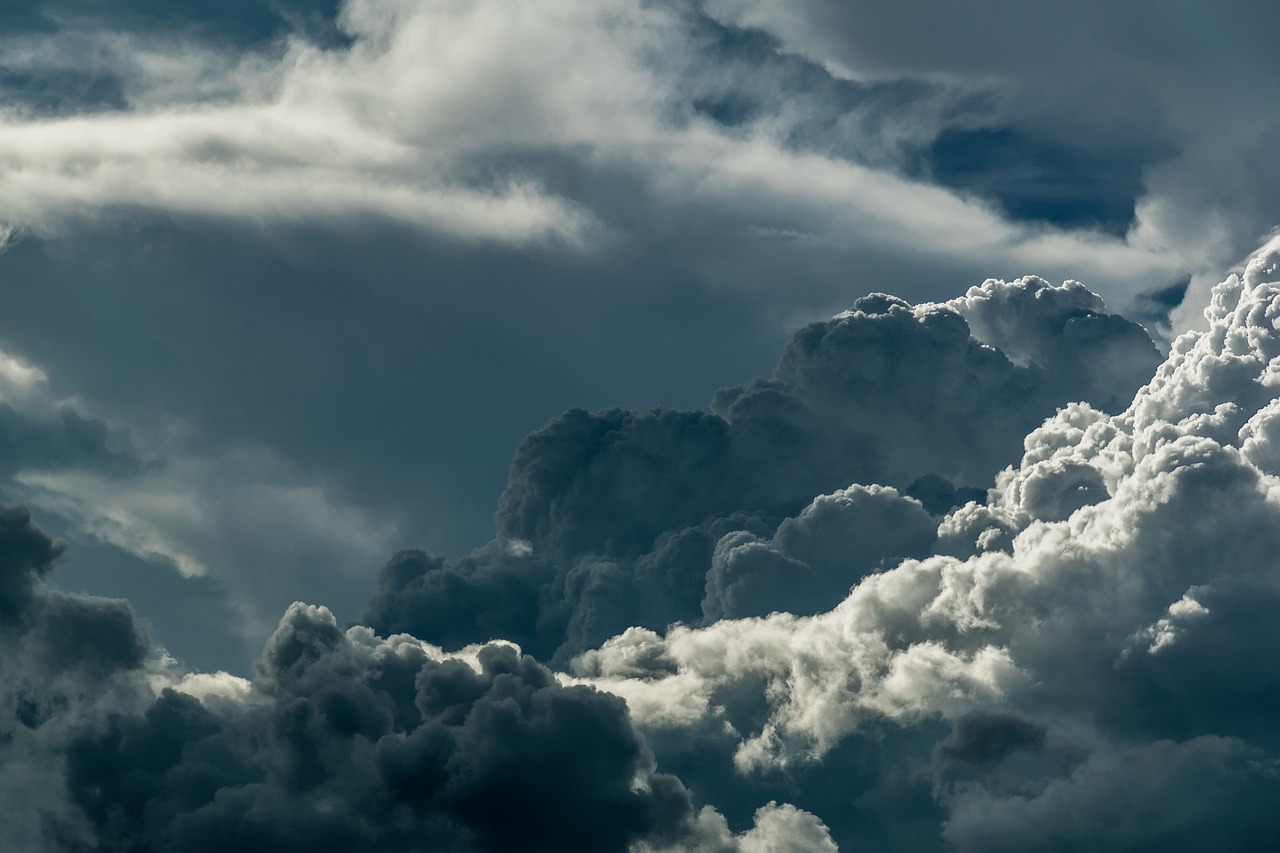Title: The Dark Pages of Enchantment: A Haunting Journey Through Authentic English Ghost Stories
In the realm of literature, where ink and parchment weave tales that transcend time and space, there exists a genre that captivates our imagination like no other - the ghost story. It is a genre that echoes with whispers of the unseen, where the veil between the living and the dead is as thin as a whisper in the wind. Among countless narratives, one finds the original English tales that have withstood the test of centuries, their chilling pages etched with a haunting charm. Today, we delve into the heart of these ghostly narratives, exploring their origins, the master storytellers behind them, and the eerie allure they continue to exert on readers.
First among the pantheon of classic English ghost stories is "The Turn of the Screw" by Henry James. Published in 1898, this novella weaves a tale of suspense and psychological horror. The protagonist, a governess hired to care for two young children in a remote mansion, begins to unravel a series of uncanny events that suggest the presence of ghosts. James's masterful storytelling creates an atmosphere of unease, leaving readers questioning the line between reality and illusion.
Another iconic work is Charles Dickens' "A Christmas Carol," published in 1843. Though not strictly a ghost story, it features the spirits of Jacob Marley, Scrooge's deceased business partner, and the Ghosts of Christmas Past, Present, and Yet to Come, who guide him through a night of self-reflection and redemption. Dickens' evocative language and moral lessons make this tale a timeless classic that still sends shivers down spines during the festive season.
Bram Stoker's "Dracula" (1897) is another cornerstone of the genre, bringing the vampire myth to life in a way that continues to terrify readers today. The novel follows the battle between the titular character, a malevolent count from Transylvania, and the intrepid Van Helsing. Stoker's atmospheric prose and the introduction of a brooding villain have made "Dracula" a cornerstone of modern horror fiction.
Edgar Allan Poe, often considered the father of the modern short story, penned tales like "The Raven" and "The Fall of the House of Usher," both of which feature elements of the supernatural and psychological horror. His mastery of suspense and his ability to create vivid imagery contribute to the enduring fascination with his ghostly narratives.
One cannot discuss ghost stories without mentioning Mary Shelley's "Frankenstein" (1818), though its primary focus is on science and morality rather than the supernatural. Yet, the creature's ghostly afterlife and the haunting echoes of its creator's guilt provide a haunting backdrop to the tale.
In more recent times, authors such as Susan Hill, Neil Gaiman, and Joe Hill have continued to push the boundaries of the genre, blending traditional ghost stories with contemporary themes and styles. Their works, like "The Woman in Black" and "American Gods," keep readers on the edge of their seats with their chilling narratives and intricate plotlines.
What makes these English ghost stories so captivating? It is their ability to tap into our deepest fears, to challenge our perceptions of reality, and to remind us of the lingering presence of the past. They are not just tales of the supernatural; they are reflections of our own anxieties, regrets, and desires. As we turn the final page, we are left pondering what lies beyond the physical world and the shadows that lurk in the corners of our minds.
In conclusion, the realm of ghost stories in English literature is a testament to the enduring power of storytelling. From the classics to the modern interpretations, these tales continue to chill our bones and ignite our imaginations. So, the next time you find yourself reaching for a book of ghostly tales, remember the words of the master storytellers who have crafted these chilling narratives, inviting you to step into their dark and enchanting worlds.









